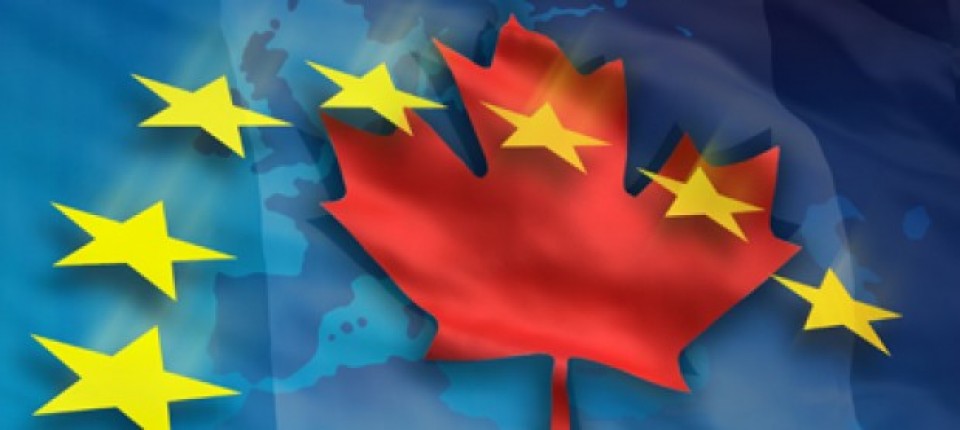
From Jason Langrish, Globe and Mail: The United States has finally agreed to a grand bargain that the European Union has been pursuing for years – a free-trade agreement that, once completed, would be so large as to effectively replace the World Trade Organization as the standard setter for the rules governing international trade. A U.S.-EU deal would cover almost half of global GDP, more than $30-trillion – a staggering sum.
Will Canada’s negotiations with Europe be left behind unless Ottawa makes some dramatic concessions in its own negotiations with the EU, as some suggest? It’s doubtful. . . .
A U.S.-EU agreement will be good for Canada, as it can help clean up the outstanding rules of origin that are used to determine whether a product qualifies for export status in a free-trade agreement – notably for autos, textiles and food products.
These goods are produced in the highly integrated NAFTA marketplace, making it difficult to assign a level of Canadian content required to meet the rules of origin thresholds demanded of the Europeans in the CETA [Canada-EU Comprehensive and Economic Trade Agreement].
With a U.S.-EU free-trade agreement in place, the EU could be pressured to accept the rules of origin for these same goods with a NAFTA designation. Canada will be in a strong position to negotiate given that the EU would then have free-trade agreements with all three members of NAFTA.
So the good news is that the deal that so many said would never be announced has been announced and, when completed, will be positive for Canada. The bad news is that we should expect to wait a long time for it to be signed.
Jason Langrish is executive director of the Canada Europe Roundtable for Business. (graphic: eu-canada.com)
Image: eu%20canada%202%2015%2013.jpg
